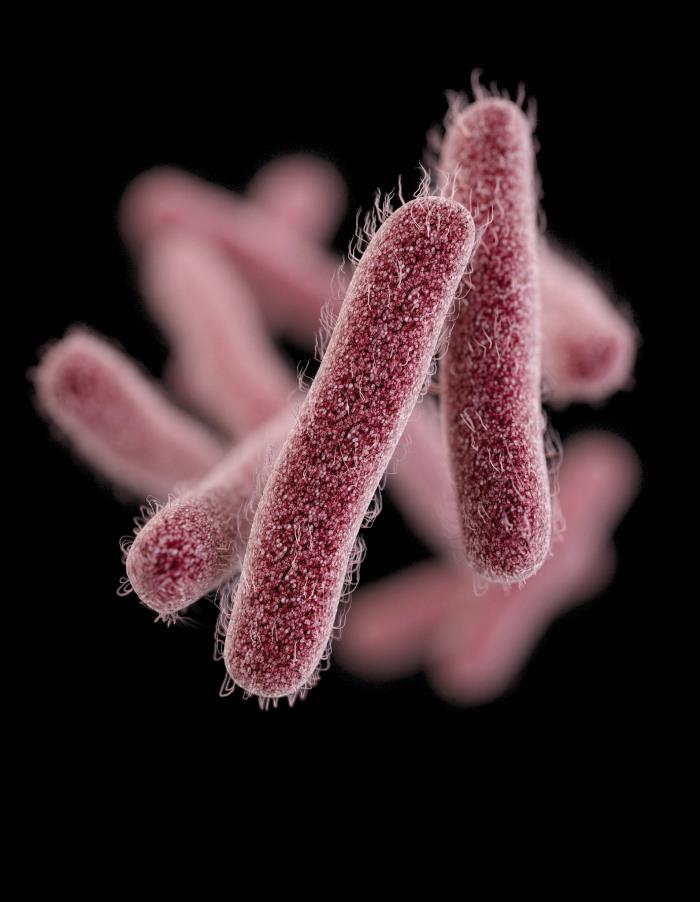Los Angeles County Department of Public Health (Public Health) is collaborating with the California Department of Public Health (CDPH) and other local health departments to investigate a cluster of 15 cases of Shigella flexneri infection in Los Angeles and other Southern California counties. Ten cases occurred among residents of Los Angeles County (including Long Beach and Pasadena, which are separate health jurisdictions). All of these cases of Shigella infection have occurred among men, disproportionately among gay/bisexual men, or men who have sex with men (MSM). Because accidental ingestion of even a tiny amount of fecal matter that contains Shigella can cause infection, men having sex with other men is a known risk factor for Shigella. To protect public health and prevent the future spread of Shigella, Public Health urges people to use a protective covering or avoid oral-anal contact during sex.

Despite this cluster of cases, the total number of Shigella flexneri cases reported through August to Public Health in 2016 is similar to that for 2015. In addition, the proportion of cases among men in 2016 (88%) is comparable to what was seen in 2015. This cluster was detected because it is caused by an uncommon serotype that has not been seen in California since 2014. The male predominance of Shigella cases each year, as well as the identification of cases among MSM, emphasize the risk in this group, whether or not a cluster is recognized.
You can get Shigella when feces comes in contact with your mouth. Transmission of Shigella among MSM is often through sex, typically through oral-anal contact. Shigellosis can be a severe illness, particularly in those with reduced immunity. Among the cases who have developed Shigella infection in Los Angeles County, there has been one death. Individuals who are infected with Shigella may develop diarrhea, fever, and stomach cramps. Illness generally lasts for about a week, although persons who are immunocompromised may be ill longer. Some people who are infected may have no symptoms at all, but may still pass the Shigella bacteria to others.
“Gay and bisexual men are at increased risk and changing sexual practices by reducing oral-anal contact, such as by using a protective covering like a dental dam or saran wrap, may decrease risk,” said Robert Kim-Farley, MD, MPH, Director of Communicable Disease Control and Prevention. “Maintain good hygiene. Wash your hands with soap and water and especially before, after and between sex.”
Public Health is communicating with and providing recommendations on prevention to Los Angeles County clinicians, including providers and organizations that provide healthcare to the LGBT community and persons with HIV infection. Public Health urges clinicians to obtain stool cultures from gay and bisexual men who present with fever and diarrhea, and ensure positive results are reported to the department. Antibiotic treatment can shorten the duration of illness and reduce the risk of transmission. However, treatment may not entirely eliminate Shigella bacteria, thus changing sexual practices remains important to reduce risk.
Shigella bacteria infect the intestine. Patients generally present with fever and diarrhea, which may be bloody. Transmission is from person-to-person by the fecal-oral route. In general, the elderly, the immunocompromised, and the malnourished are more susceptible to severe disease outcomes. Shigella outbreaks have periodically been reported among gay and bisexual men. Shigella transmission can occur through person-to-person contact, eating food contaminated by someone who has shigellosis or swallowing contaminated recreational (e.g., lake or river) or drinking water.
To reduce the risk of shigella
- Change sexual practices to avoid oral-anal contact
- Avoid sex with a person who has diarrhea or who has recently recovered from diarrhea
- Use condoms and dental dams during oral, oral- anal, and anal sex
- Wash your genitals, anus and hands before and after sexual activity
- Avoid swallowing recreational (e.g., lake or river) water
For people diagnosed with shigellosis
- Abstain from sex for at least 2 weeks after infection to reduce the risk of transmission (and then maintain safer sex practices when one resumes sexual relations)
- Those with Shigella infection should not prepare food for others while sick
- Antibiotic treatment can shorten duration of illness and reduce the risk of transmission
Related:


3 thoughts on “Shigella cluster reported among gay men in southern California”